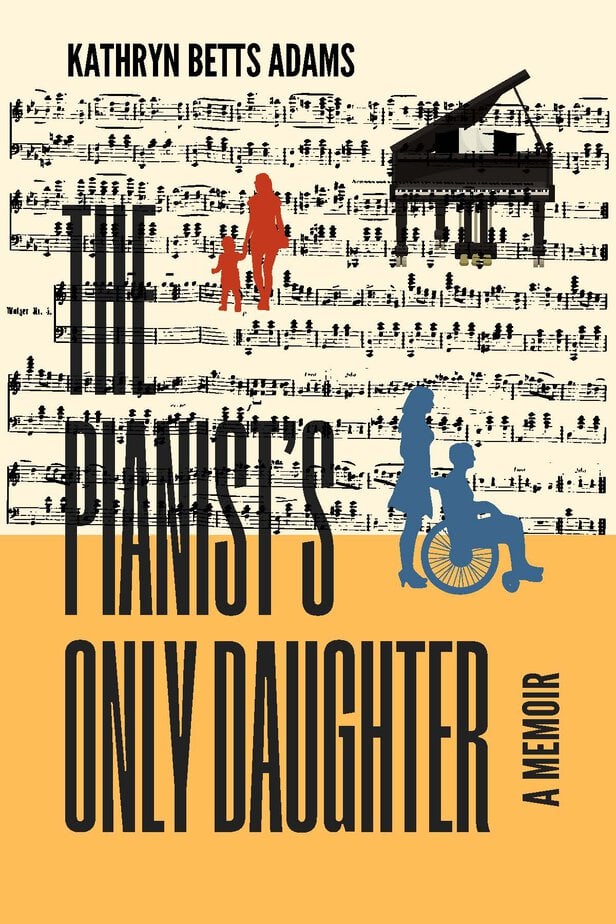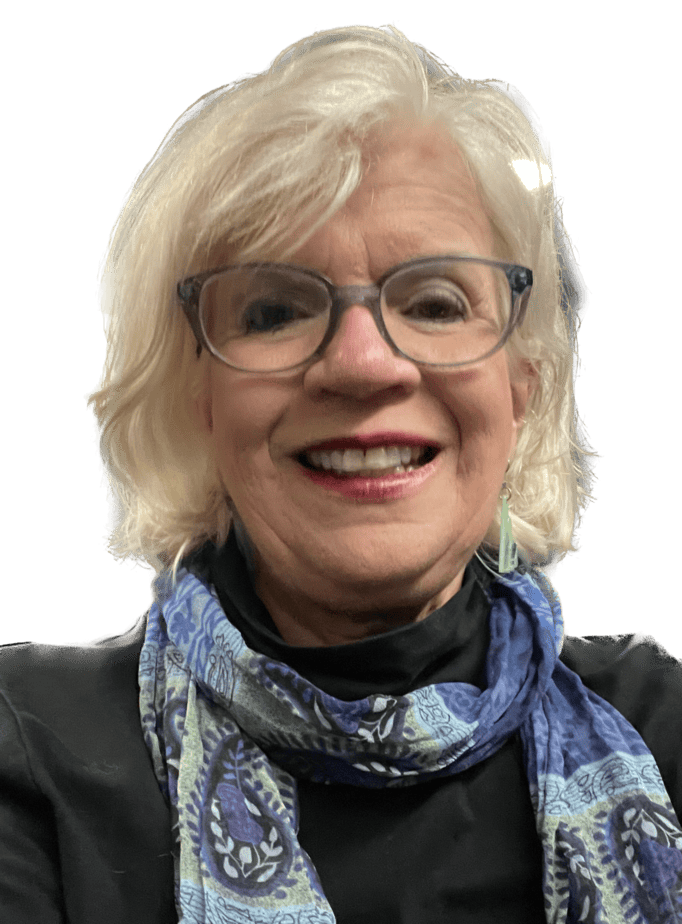 By Kathryn Betts Adams, Connecticut, USA
By Kathryn Betts Adams, Connecticut, USA
I started writing The Pianist’s Only Daughter: A Memoir when it dawned on me just how tough it was to be a caregiver to my parents—even though I’m a social worker who specializes in practice and research with older adults! Starting with a few incidents I wanted to write about, I felt a sort of calling to share the story of my caregiving journey with others who might be dealing with similar issues with older loved ones.
The original issue that arose in our family was my mother’s diagnosis of Parkinson’s disease at age 65. Eventually that illness led to the beginnings of dementia and at the same time, she suffered a hip fracture. Because she and my father lived together at that point, an important theme to my story is how the system of eldercare can make it particularly difficult to find good living/care solutions for a couple when one has dementia and physical infirmity and the other does not. We had to make compromises at every stage.
A second important theme throughout my book is the weight of responsibility I felt as I had to make important decisions for both of my older parents. It can feel immense and overwhelming. As the only child of my mother and the only daughter of my father, it was sometimes a lonely experience, with plenty of opportunity to second-guess myself.
A third overarching theme that has become a kind of a tagline for The Pianist’s Only Daughter is “Family caregiving stories are FAMILY stories.” In other words, the personalities of the family members and our childhood experiences within the family have a huge impact on the emotions we experience later as caregivers. In my family, my parents aged the way they’d always lived: my mom maintained her identity as a poet and English teacher, and my father, his self-image as a music professor and concert pianist. My father was especially invested in his career and in the admiration it brought.
In families where there has been conflict, mental illness, alcoholism, divorce or cut-off communication, these factors affect our attitudes towards our parents when they need assistance and support in later life. Even without these problems, family dynamics may come back to haunt us and we caregivers find we take on our roles from childhood all too readily. This is why I chose to begin my memoir at the beginning, briefly exploring the early lives of my parents and some highlights of our nuclear family from my youth which impacted my parents’ aging and my caregiving journey.
I sincerely hope that readers at any stage in their journey with aging, impaired loved ones will find this memoir to be relatable, moving, entertaining, informative and overall, reassuring.
Purchase The Pianist’s Only Daughter: A Memoir
 About the Author
About the Author
Kathryn Betts Adams, MSW, PhD, is a former clinical social worker and was a social work professor at Case Western Reserve University for ten years. She has authored or co-authored over 40 research articles and chapters about aging-related topics, including geriatric depression, dementia caregiving, older adults’ activity and wellbeing, and coping with chronic health conditions. When her parents needed help navigating health issues and deciding about eldercare, she began to experience the stress and challenges of the caregiving role first-hand—despite her own expertise and experience with older adults, she decided she could (and should) share her story, leading to her memoir, The Pianist’s Only Daughter.
Kathryn and her scientist husband met in Michigan and have lived in five states since they married. They are proud parents to a grown son and daughter and smitten grandparents to their first grandson. They live in Connecticut with two cats.
Connect with Kathryn:
Amazon Link: https://amzn.to/49Bemhx
Website: http://www.KathrynBettsAdams.com
Facebook: https://www.facebook.com/profile.php?id=61555132143456


